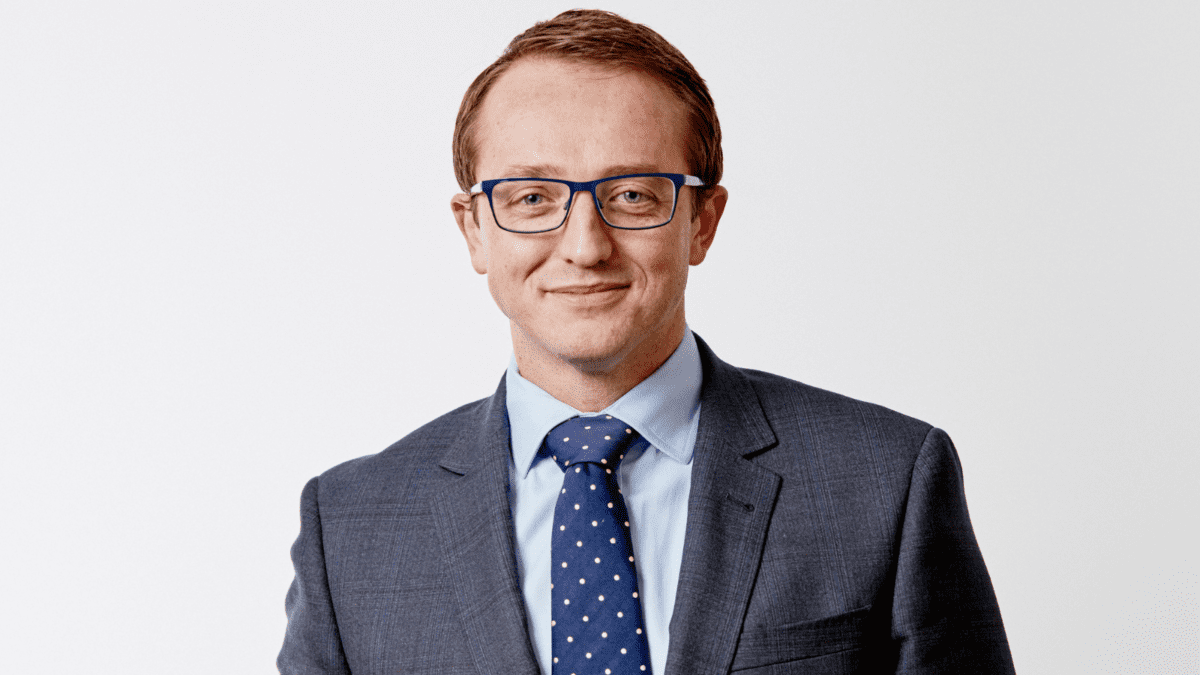‘You need to think with a fresh sheet of paper’: Super grapples with size
The age of the giga-fund will soon be upon us, coming right on the heels of the age of the mega-fund. But for the industry’s race towards massive size, the benefits of massive size are still nebulously defined. APRA’s views are clear – size means scale, scale means lower fees, with obvious member benefit to follow – but a panel discussion held by the University of Technology Sydney finance department shows that many within the industry remain unsure.
“We’re doubling and tripling the sizes of funds; we’re making quantum leaps through tipping points. Tipping points occur in asset management, or any business, and if done badly can have long-term cultural impacts,” said Mark Burgess, chairman of HESTA’s investment committee (while making the point that his comments weren’t “HESTA-related”).
Large funds “can get themselves into quite a lot of trouble” around issues like complexity and culture as they get exponentially larger. New staff will need to be brought in with expertise around assets like infrastructure and private equity; teams will need to be larger, and work offshore, necessitating a rethink of how those teams are run. Complexity can build like “barnacles on a boat”, Burgess says; it starts to slow the speed of operation and impacts the way a fund can invest.
“All of that said, I observe the industry doing a very good job here,” Burgess said. “I think the regulators are doing a very good job. People are thoughtful about it, but these are some of the broader issues that funds need to think through.”
“Merging is terrific, but we’re really here for the members; we’re here to run the money. And when you get to large scale, it is like a completely different business, with a lot of benefits. But you need to think with a fresh sheet of paper about how you run a larger-scale business.”
On the question of whether size was a boon, the audience was also split. Of the several hundred viewers surveyed, a 37 per cent majority chose “No, consolidation is clearly beneficial to members”; 31 per cent chose “Yes, consolidation could potentially be harmful to members”; and 32 per cent chose “Not sure, the effect of consolidation is still unclear and needs more discussion.”
Frontier senior consultant David Carruthers (photo at top) concedes that there are economies of scale to be had, but that diseconomies come in plenty too; primarily around actually investing the massive amounts of money they deal with. He also questioned the efficacy of the Your Future, Your Super (YFYS) test in weeding out underperformers as markets now face into significant volatility.
“We had a number of funds that failed (the test) – 13 funds that failed as at 30 June last year,” Carruthers said. “The market’s changed. We’ve seen equities go backwards over the last three to six months. And we think a number of the positions that funds were in will have changed significantly over that period.
“Were those funds that failed at 30 June last year bad funds, or were they funds that were just positioned for a downturn that hadn’t quite happened but is now happening? And therefore marked poorly on a reasonably short-term test just because markets were in phases.”
The super system’s increasing size has also created the possibility, raised by the RBA in 2014, that correlation among their investment strategies could exacerbate financial market volatility if they rapidly reduced their exposure to certain securities or asset classes during a crisis. For Burgess, there’s “no question” that a competitive environment with changes in regulation is creating “increased peer-type behaviour”, potentially creating systemic risks in a sector that controls some $3.4 trillion.
“Things that could happen – and this is very much a could – are around the management of the Australian dollar, the management of cashflows,” Burgess said. “Everybody is exposed to the same issues, for example, if we get a major correction in currencies people will need to cover hedging positions collectively – particularly if more and more funds go unlisted and offshore.”
“There are a bunch of systemic risks and dangers that could potentially develop in a concentrated portfolio of funds, particularly during moments of crisis. I don’t think we’ve got that so much now, but it’s certainly something that the RBA needs to look at.”
The offset of that is the role the superannuation system can play in a massive financial crisis – a role that former Treasurer and current Cbus chair Wayne Swan also touched on during his address to the ASFA conference in late April.
“During the Global Financial Crisis, about $100 billion of equity was raised; companies were supported by the super system. And so you do have an offsetting potential systemic benefit of having such a large savings pool,” Burgess said. “You do have an offsetting potential systemic benefit of having such a large savings pool – you just have to make sure you manage the negatives and keep the positives available.”
It was perhaps Jack Gray, former co-head of asset allocation at GMO and Sunsuper CIO, who offered the most interesting points. While he retains his overarching view that there should be only one fund – one of the few things, he says, that he agrees with Peter Costello on (though the Future Fund is apparently not cut out for the job) – he believes that there will still be room for smaller funds in a post-YFYS world.
“If you look at industries, very few wind up with just a few big players,” Gray said. “Even the car industry has got small players. The beer industry has small players. It’s probably not a healthy thing to only have big funds. So although I talk of one super fund, I also – at the other extreme – encouraging smaller funds.”
“But they have to do things differently. Depending on your asset size and your member size, you should be thinking about what is your optimal way of managing something of this size.,, Smaller funds would have very different sorts of risks. There are other risks out there in the world that are not being tapped that smaller funds could do.”
But he also thinks that big super should consider establishing a skunk works fund – a “Hesta Small”, for example – that applies emerging ideas that can then be streamed into the main fund.
“Algemene Pensioen Groep tried this in the Netherlands… This was not venture capital investing, but you find the right people, and you go round to universities and hospitals and you find ideas,” Gray said. “And you give somebody who’s running an idea a couple of hundred grand, which is nothing.
“And if it gets to the next stage, you fund them a bit more…. And soon you’ve got a massive global pharmaceutical industry that you own. That’s the dream. It’s a nice idea. I don’t see Australian funds have that sort of innovation that the big European funds show.”











